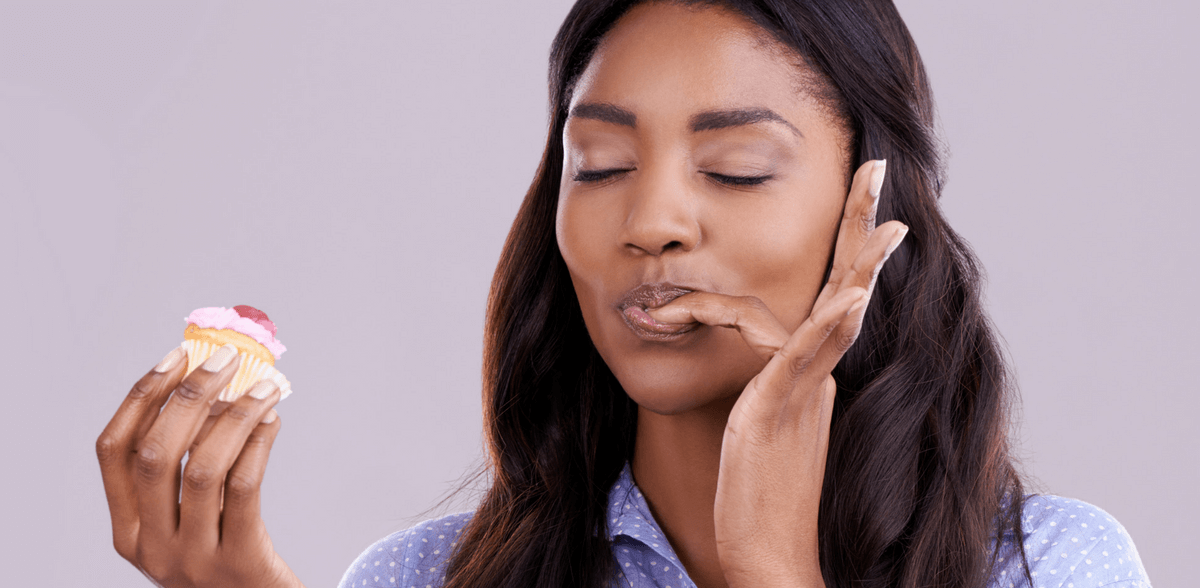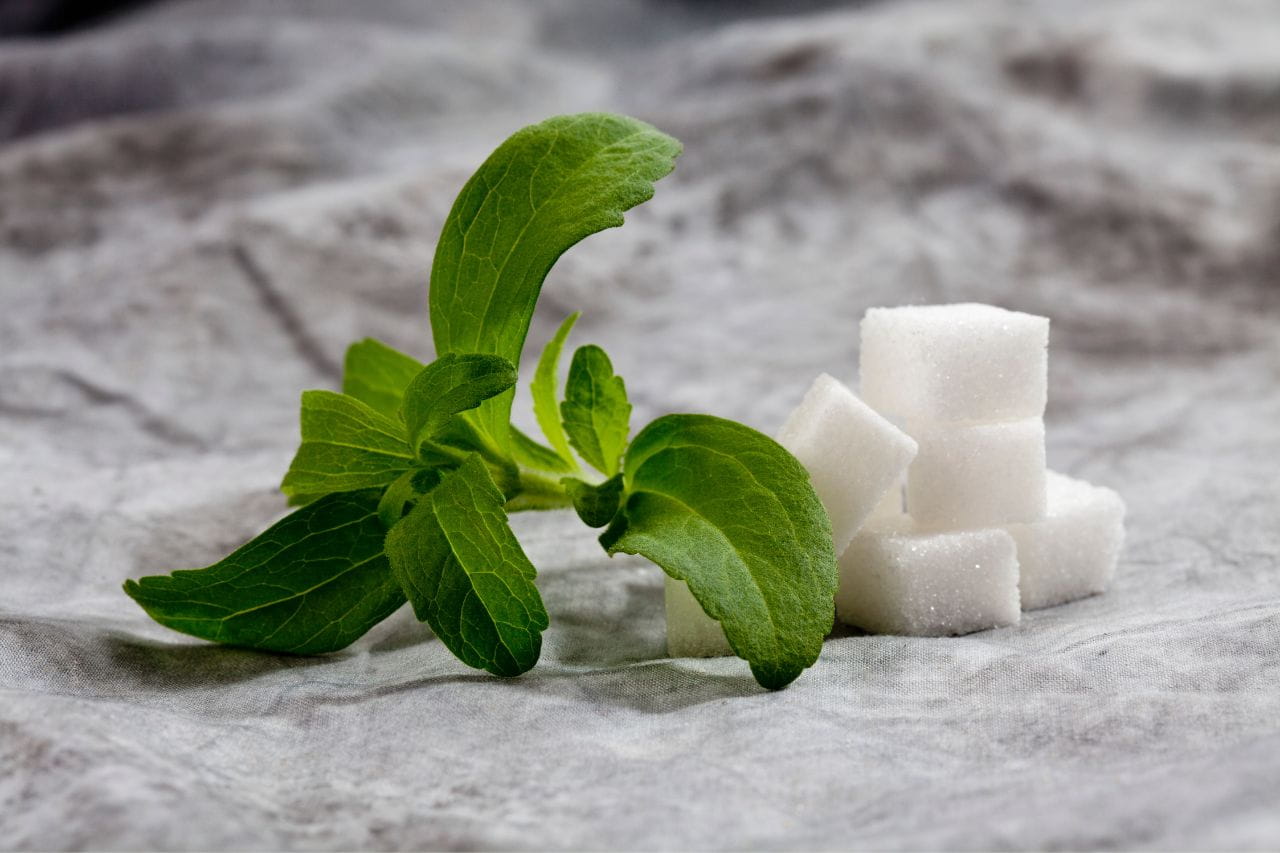Do You Have a Sugar Problem?

By now, you might be tired of hearing health types rag on sugar. Yeah, too much contributes to obesity, diabetes and heart disease, but…it’s so stinking good. Maybe you don’t want to live forever if it means less cake, fewer cookies and no more daily soda.
Could you have a sugar addiction? Doctors and nutritionists debate whether “food addiction” is a real thing, but we do know that sugar activates the same reward pathways as addictive substances.
And whether it’s truly addictive or not, eating too much sugar has plenty of consequences — from cavities to weight gain to a bottomless appetite. Maybe it’s time to take a hard look at how much sugar you’re getting each day.
Here are some signs that you might need to rethink your sugar intake.
True or False: You lose control around sugar. You know how some people can eat one cookie and some people can’t eat fewer than six? If you’re one of the latter, you might have an unhealthy relationship with sugar.
Fix: Set moderation challenges for yourself. Tell yourself that you will have one cookie at the party. When you get strong, uncomfortable cravings, breathe deeply and wait them out. Try to focus on conversation; don’t substitute sweets with alcohol or salty foods.
True or False: You need something sweet after each meal. If lunch and dinner — and maybe even breakfast — need to conclude with something sugary, you might have a sugar addiction.
Fix: Practice skipping these sugar fixes. If you always have a bowl of ice cream after dinner, try switching to a handful of strawberries one night. See how it feels, and remember that cravings will ease.
True or False: You always have a soda by your side. Regular soda is full of sugar — about 10 teaspoons a can. But switching to diet soda isn’t the answer; artificial sweeteners have been linked to weight gain and increased sugar cravings.
Fix: Find a substitute beverage you like. Maybe it’s sparkling water, or tap water with fresh strawberries or limes in it. Unsweetened tea, or tea sweetened just a little with agave or honey, will work too. It usually takes weeks to break a habit, so try to be patient with the process.
True or False: When you’re happy, you want sugar. When you’re sad, you want sugar. When every event in life — from a successful project at work to a devastating breakup — becomes a reason to buy a cake or polish off a carton of ice cream, you might have a sugar issue.
Fix: Identify other ways to reward and soothe yourself. Some ideas: hot baths, a new book or magazine, an uninterrupted hour of TV, stretching, a massage, making a craft, playing with your pet. Eventually, your brain and body will learn that not every emotion needs to be met with sugar.
As you begin to change your sugar habits, be kind to yourself. We all overindulge once in a while.
Second, make a plan for reducing your intake. For some, this might mean talking to your doctor or a nutritionist about your concerns and whether a nutritional imbalance is fueling your cravings.
Third, think “out of sight, out of mind” and don’t bring sweets into your home.
Try these sweet swaps for healthy treats.



